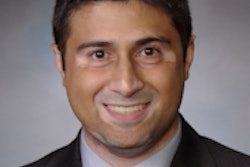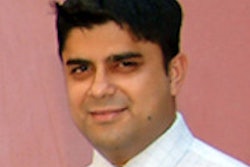International medical graduates are having a hard time finding residency positions in the U.S. and Canada -- and if they'd known about the situation, they might not have left their home countries, according to a study in Risk Management and Healthcare Policy.
The researchers from St. Michael's Hospital and the University of Toronto surveyed graduates to get a better understanding of the "brain drain" dynamics that bring waves of trained medical immigrants from poorer countries to the U.S. and Canada every year. They also wanted to investigate "brain waste," a phenomenon that leaves foreign medical graduates with underutilized skills in the workplace.
The group found that only about 20% to 50% of physicians, depending on which country they chose, were successful in their first attempts to secure a residency. In the U.S., almost half of international medical graduates are unsuccessful in their first attempt at securing a residency position, the study team reported.
Last year, 47.6% of applicants who were not U.S. citizens obtained a residency position, compared with 53.1% of U.S. citizens who were trained in international schools. In the longer term, 91% of U.S.-born international graduates were ultimately successful in securing a position, compared with 73% of applicants born outside the U.S. (Risk Manag Healthc Policy, May 2014, Vol. 2014:7, pp. 81-89).
The situation is worse in Canada, where in 2011, 1,800 applicants competed for 191 residency spots designated for foreign-trained physicians. Approximately 20% of Canadians who had gone abroad for medical training were successful, compared with 6% of immigrant international medical graduates, according to lead author Dr. Aisha Lofters.
Among the 462 participants, the top five reasons for emigrating to North America were socioeconomic or political situations at home, better education for children, concerns about where to raise children, the quality of facilities and equipment, and a lack of opportunities for professional advancement, the study team found.
Many Canadian respondents said they had been misinformed about their chances of securing a residency position, according to Lofters. They felt shamed by the need to take survival jobs instead of those in medicine, she said. Many regretted leaving home.



















